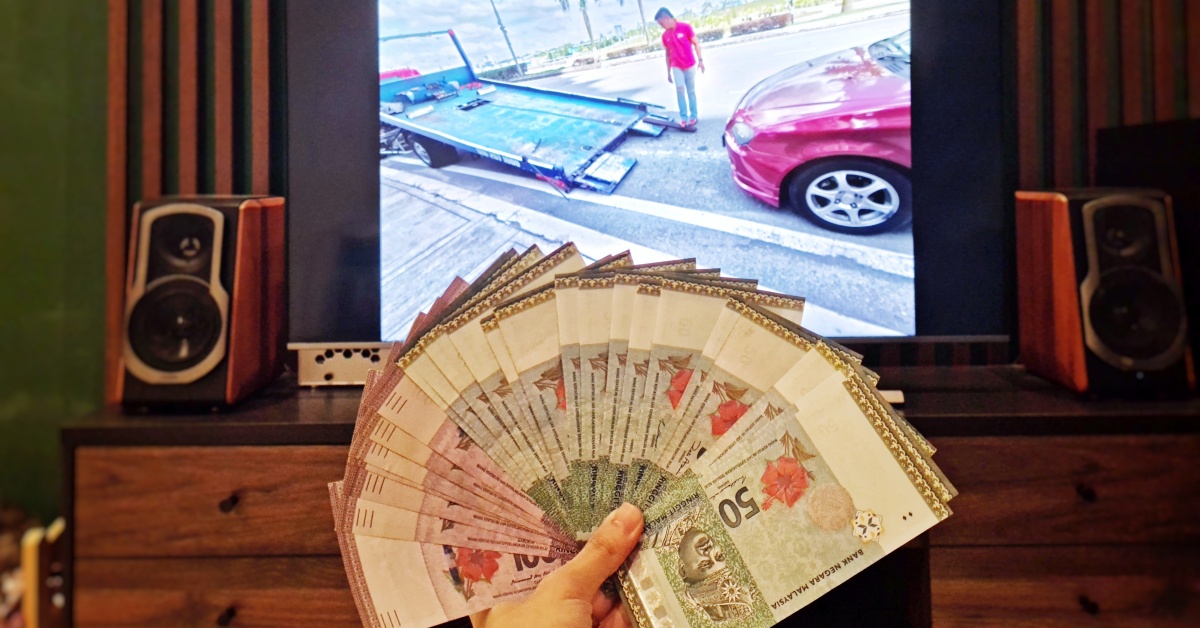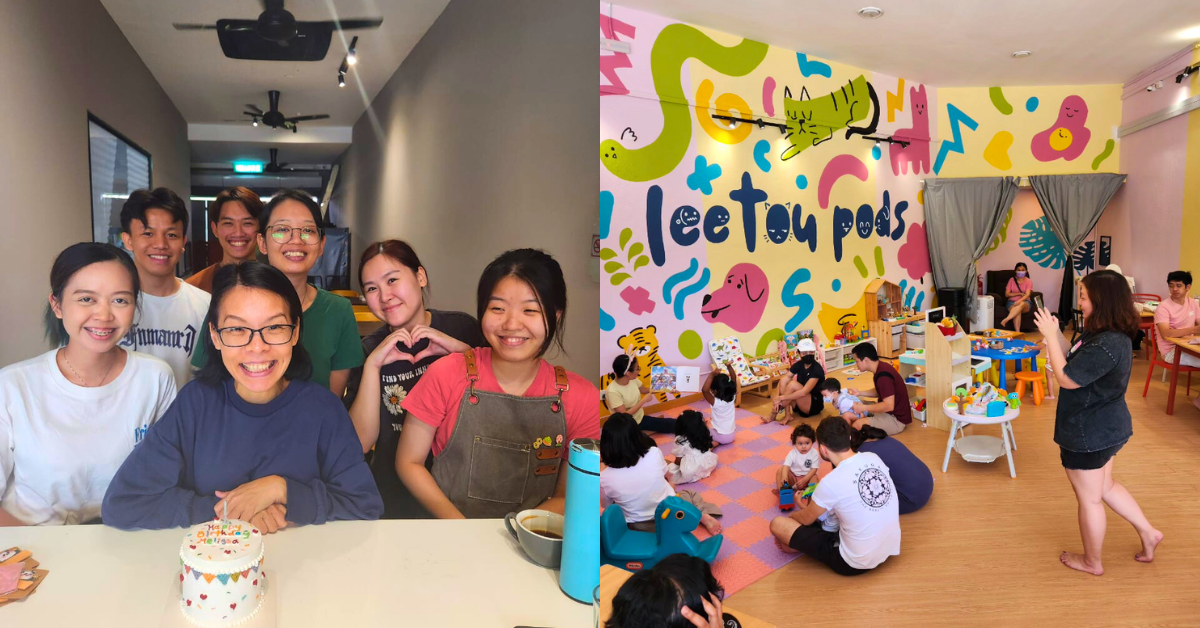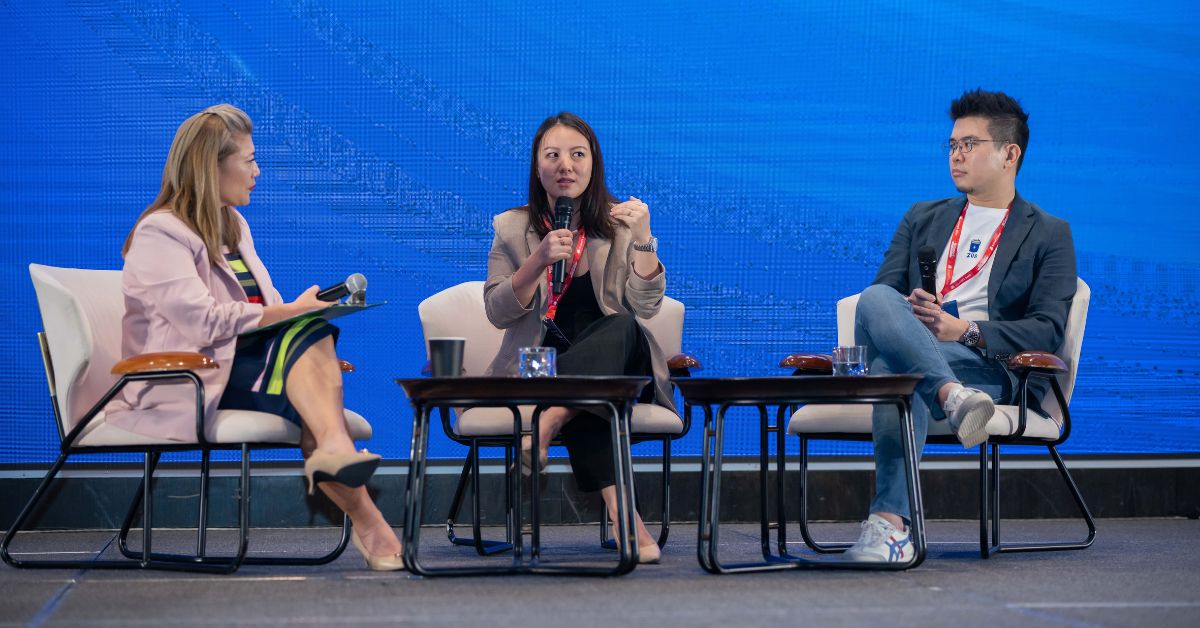When the pandemic hit, companies had to embrace working from home, and it seems that this will continue in 2021.
With less driving, personal cars remained stationary in parking lots and driveways, depreciating as time passed. Looking at this brought up the conversation of whether cars are still a necessity, and what are the influential factors for this decision.
If you’re thinking of buying a car (or perhaps selling your current one because it’s underused), here are some questions to think of before making such a decision.
1. Can I Afford To Own A Car?
Let’s take the Perodua Myvi 1.5L H (2018) as a case study, as it is a popular and affordable car in Malaysia, suitable for both fresh grads and small families alike.
Note: We chose an older variant of the Myvi because it has a known depreciation value.

The estimated cost of ownership over 3 years is RM17,381 (this calculation is based on the assumption that the car mileage does not exceed 20,000 km a year). This includes the depreciated car value, insurance, road tax, and service, but excludes petrol expenses.
Using four different travelling scenarios, differentiated by distance travelled per week (in km), we calculated the average cost per km to drive. This does not take into account the amount of loan interest accrued over time.
Based on the table above, if you only travel around 100 km per week, you will be paying a higher average cost per km versus someone who drives more.
But this just paints a glimpse, as the total cost of owning a car is highly dependent on each individual’s circumstances.
You might think buying a car is a rite of passage and should be a default in your life journey, but the past year has challenged a lot of people’s financial stability and a car is a serious commitment for at least a few years.
Owning a car means that you’re committing to a minimum monthly fixed cost, no matter your own personal financial circumstances. Should there be an emergency such as sudden illness, or unexpected setbacks like the loss of a job, the monthly installment still has to be paid. This includes even the current situation whereby a lot of cars are sitting idle during MCO.
After all, historically about a quarter of bankruptcy in Malaysia is due to default of vehicle loans. Choosing to not own a car allows more liquidity and flexibility when it comes to your monthly spending.
2. Am I Willing To Bear The Responsibilities That Come With Owning A Car?
Taking care and maintaining a car is a necessary chore to keep it safe and usable. But In a 2018 survey, Bosch found that more than 50% of Malaysian drivers lack knowledge in basic car maintenance and its impact on passenger, car and road safety.
Car maintenance is a fixed and regular necessity, starting with periodic inspections, oil and fluid level checking (and topping up), and tire pressure and tread depth monitoring. That’s not taking into account the other components that make up a car and affects its performance.
3. Am I Able To Handle The Consequences Of Any Potential Accidents?

2019 saw an eight-year high in the number of road accidents in Malaysia.
When accidents do happen, car owners have to deal with towing the car, lodging a police report, insurance claims, car repairs, and so on. Besides the time and effort, it could result in a loss of No Claims Discount (NCD) and a bump in car depreciation.
While car accidents happen frequently, the main difference with car rental or e-hailing is that you need not personally deal with the repairs, insurance, or maintenance.
4. How Much Time Do I Spend Travelling?
In 2019, Waze data estimated that Malaysians spent an average of 1 hour and 12 minutes per day on the road.
For some, long drives are a norm because of where they live and lack of access to public transportation. But compared to a decade ago, we now have a lot more transportation options available to us.
In a 2020 international study, the analysis showed that when consumers were given a choice, they see riding public transport or e-hailing as an opportunity to deal with work emails, important calls, or social media while someone else takes the wheel. This choice is driven by the preference for productivity.
However, back here in Malaysia, compared to taking public transport, a 2019 study found that private cars were favoured because they are seen as more convenient. The study concluded that a comprehensive public transport system is needed before commuters can make the switch, and they expect the same convenience that they enjoyed with cars.
5. What Do I Prioritise When It Comes To Having Flexibility And Convenience?
Depending on your lifestyle choices and priorities, different modes of transportation will suit different people.
In a 2019 Malaysian study, car owners value being able to go places anytime, which allows them to make spontaneous trips. Without credible and real-time information about the availability of public transport and service routes daily, this level of convenience can only be matched by e-hailing or by renting a car.
Final Question: Should I Own A Car?
Various factors aside, one key question is, “Do I want to commit to a fixed cost to own a car, or do I prefer more financial flexibility in my life?”
Correct!
Wrong!
Share the quiz to show your results !
Subscribe to see your results
I got %%score%% of %%total%% right
Loading...
One on hand, it can be handy to have a car at your disposal. On the other, it comes with regular payments that locks up a portion of your income which could be used for other potential channels. This accessibility to additional savings could be used for leisure, or as contingency for a rainy day.
To decide, it’s helpful to first consider your other debts and payments due such as PTPTN/student loans or personal, medical and health insurance. A general rule of thumb is that your debts shouldn’t exceed 36% of your gross income.
While it could be challenging to imagine a world without owning your own personal car, the frequent news of limited parking in Kuala Lumpur and the improvements being made to the connectivity of our public transport infrastructure hint at a possible future.











